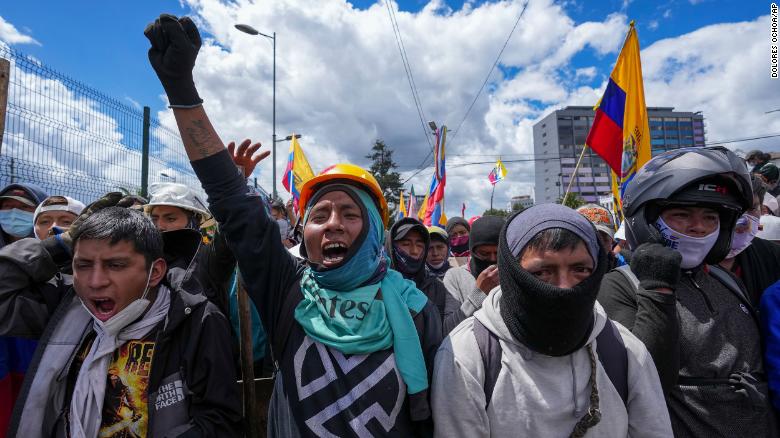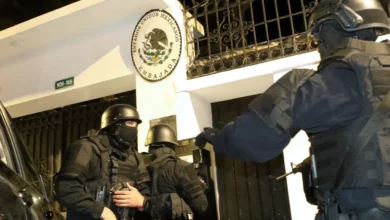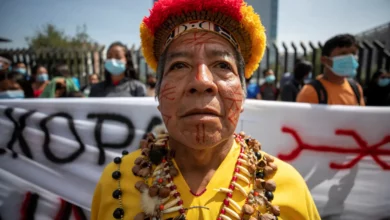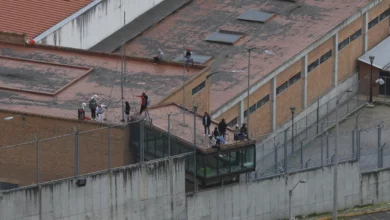
(CNN) – At least four people have died amid ongoing protests against the government of Ecuadorian President Guillermo Lasso, according to Ecuadorian authorities. Scores of police officers have been injured and more than 100 people have been arrested, authorities also said.
Thursday marks the eleventh day of protest in the country. The Confederation of Indigenous Nationalities of Ecuador (Conaie), which has been leading the protests since June 13, is demanding that the government reduce fuel prices, address the problem of unemployment, regulate farm product prices, and fight crime, among other pleas.
Ecuador’s National Police said the latest death happened Tuesday in the province of Pastaza, in the Amazon region, “as a result of handling an explosive device.”
Police clarified that those materials are not used by the force to maintain public order and “even less so in peaceful marches and demonstrations.” The institution said the case will be investigated by judicial authorities and will provide support to clarify all violent incidents.
On Tuesday, Ecuador’s Health Ministry said two people died last Sunday due to a roadblock when ambulances were obstructed by protests.
On Monday, police said a person died after falling from a ravine in the north of Quito; the death was related to the protests.
At least 120 police officers have been seriously injured since the start of the protests on June 13, according to Ecuador’s National Police.
President Lasso’s government has made several calls for an open dialogue since the onset of the protests. In a video address posted to Twitter on Monday, Lasso says he has been listening to the “needs of the most vulnerable” by focusing on healthcare, intercultural education, and forgiving debts, among other demands.
In a statement published by Conaie yesterday, they accused government communications of containing “mockery, lies, and racist colonial narrative” against indigenous groups.
Ana Maria Cañizares reported from Quito, Daniela Gonzalez-Roman in New York City, Jorge Engels in London and Karol Suarez in Mexico City.




